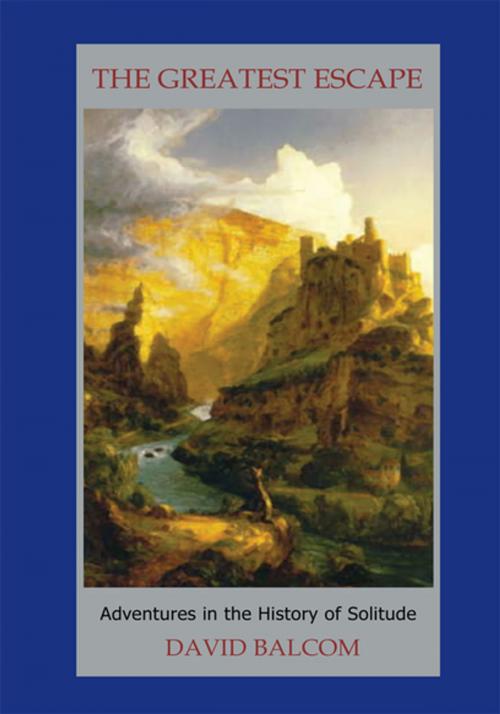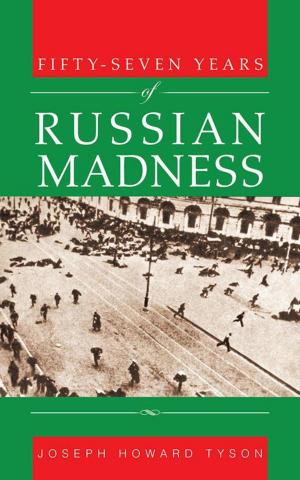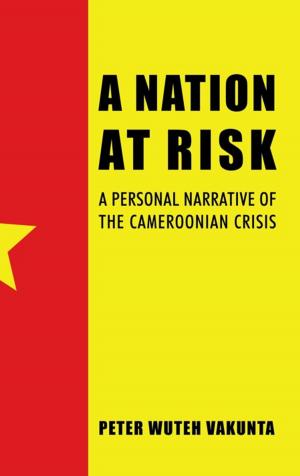The Greatest Escape
Adventures in the History of Solitude
Nonfiction, Religion & Spirituality, Philosophy, History, Criticism, & Surveys, Mind & Body| Author: | David Balcom | ISBN: | 9781469722351 |
| Publisher: | iUniverse | Publication: | June 21, 2004 |
| Imprint: | iUniverse | Language: | English |
| Author: | David Balcom |
| ISBN: | 9781469722351 |
| Publisher: | iUniverse |
| Publication: | June 21, 2004 |
| Imprint: | iUniverse |
| Language: | English |
"Oh, if there were someone to tell us the history of that subtle feeling called solitude," mused the philosopher Friedrich Nietzsche. In The Greatest Escape, David Balcom answers that call, showing that solitude is an inevitable-yet vital and exciting-facet of our existence with a long, tumultuous past. He travels back in time to trace the spirit flights of shamans; wanders in the mountains of China, listening to the poetry of recluse scholars; visits the forests of India to participate in the dialogues of ancient sages; explores the wisdom of early Greek philosophers, Christian hermits, and Sufi mystics; and illuminates the role of solitude in the lives and writings of modern poets and intellectuals from Petrarch to Thoreau. Covering a broad swath of history, Balcom introduces us to powers and resources in solitude that are drowned in the clamor of modern life. He concludes that the experience of solitude can be creative, joyful, enlightening, sometimes all three at once-and that the perennial "fruits of solitude" are open to everyone. "Here," he writes, "is an apology for and a guide to the greatest of all escapes."
"Oh, if there were someone to tell us the history of that subtle feeling called solitude," mused the philosopher Friedrich Nietzsche. In The Greatest Escape, David Balcom answers that call, showing that solitude is an inevitable-yet vital and exciting-facet of our existence with a long, tumultuous past. He travels back in time to trace the spirit flights of shamans; wanders in the mountains of China, listening to the poetry of recluse scholars; visits the forests of India to participate in the dialogues of ancient sages; explores the wisdom of early Greek philosophers, Christian hermits, and Sufi mystics; and illuminates the role of solitude in the lives and writings of modern poets and intellectuals from Petrarch to Thoreau. Covering a broad swath of history, Balcom introduces us to powers and resources in solitude that are drowned in the clamor of modern life. He concludes that the experience of solitude can be creative, joyful, enlightening, sometimes all three at once-and that the perennial "fruits of solitude" are open to everyone. "Here," he writes, "is an apology for and a guide to the greatest of all escapes."















